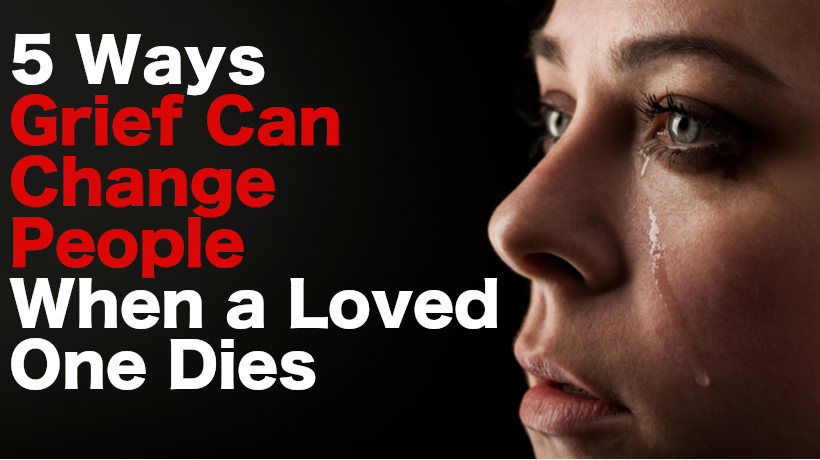What happens when a loved one dies? Grief is defined as a feeling of “deep sorrow, especially that caused by someone’s death.” Losing someone who meant a lot to you can be devastating especially if the death happened all too suddenly. The grieving process is different for everyone. Below are five ways grief can change people when a loved one (that includes a pet!) passes.
Disturbed Sleep and Insomnia
People may feel tired and exhausted after the death of a loved one. According to Jamie Cannon MS, LPC, “Many people new to grief wake up more at night, have trouble falling asleep, suffer from dreams that trigger painful emotions, and experience various forms of insomnia.” Sleep is essential to our mental and physical health. It may be harder to move on from grief without a good night’s sleep.
Loss of Appetite
Cooking, dining out, and eating may be seen as a chore after a loved one passes. Sitting down to eat with family and friends often symbolize togetherness, but “when an essential part of the family is no longer there, mealtimes can become an experience preceded by dread and apprehension,” Cannon says.
Lost Traditions
The joy of celebrations becomes distressing and sad when you face holidays and traditions alone. Cannon notes, “the drive needed to re-establish traditions and find new ways to celebrate holidays is often lost in people who are grieving.”
Isolation
When someone is grieving, quiet time can turn into their closest companion, Cannon states. As humans, we need to socialize and any joy or happiness usually connected with casual conversation goes out the window. Those who grieve may not want to talk to anyone because they are still haunted by the memories of their loved ones.
Support
When grief forces us into isolation, finding support proves to be a difficult task. “Newly bereft individuals are not only struggling to find new ways to relate to a drastically altered world, but they are doing so without the support they depended on before their loss,” Cannon states. Moving on without the person who mattered to you most by your side may be life-altering. Cannon notes that simply the pain of waking up can be too much for a grieving person to handle. In these times, it is important to voice your grief and find a support group to help push you past the depression and make life worth living again.
As a final note, Cannon says, “In the battle for healing with grief, it is essential that victims recognize and give a voice to these small losses that cause unforeseen and astonishing damage.”
Sources:



